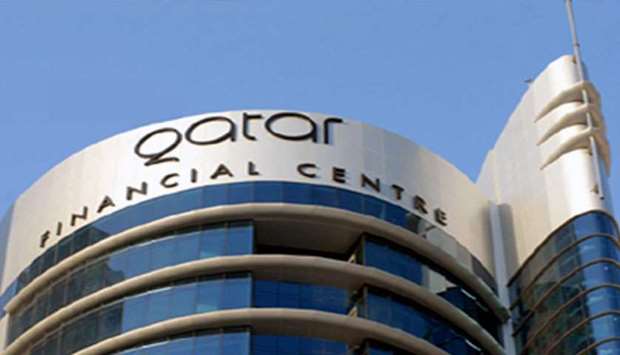*World Bank, WEF study shows Qatar the 'second-most competitive economy' in Arab world
Qatar’s macroeconomic environment remains solid and secured the first place in in the entire MENA region, a joint study by the World Bank Group and World Economic Forum shows.
Globally, Qatar's macroeconomic environment has 20th position, the joint study reveals.
Qatar is also the “second-most competitive economy in the Arab world, and 25th globally”, the World Bank Group and World Economic Forum said on Tuesday.
Qatar’s solid macroeconomic environment was despite the “the drop in oil and gas prices having a significant effect” on the country’s fiscal situation, which moved from a fiscal surplus of 10.3% (in 2015) to a deficit of 4.1% of GDP (2016), while public debt increased from 35.8% to 47.6% of GDP in the same years.
According to the World Bank Group and World Economic Forum, “Qatar’s strengths lie in its solid infrastructure facilities and efficient goods markets.”
Going forward, it said “the country will have to ensure better access to digital technologies for individuals and businesses, and further strengthen educational institutions.”
Since 2007, the report noted Qatar has improved its performance across all the pillars of the Index, with the exception of financial market development, which is now one of the factors of “relative weakness” of Qatar’s competitiveness, together with the average level of innovation and the size of its market.
“On the other hand, top-quality infrastructure, a favourable macroeconomic environment, and good levels of health and primary education represent the country’s main strengths,” the report said.
While the report cited improvements over the last decade in areas like infrastructure development and technological advancement across the MENA region, it said many countries are struggling to diversify their economies and develop a vibrant, competitive private sector that can foster innovation and job creation.
It said the region will need to generate 58mn jobs by 2040 to maintain unemployment rates and even more to lower them.
“The world is adapting to unprecedented technological changes, shifts in income distribution and the need for more sustainable pathways to economic growth, “added Mirek Dusek, deputy head (Geopolitical and Regional Affairs) at the World Economic Forum. “Diversification and entrepreneurship are important in generating opportunities for the Arab youth and preparing their countries for the Fourth Industrial Revolution,” he said.
The report found that in recent years, countries in the Gulf Co-operating Council (GCC) have made a concerted effort to support innovation and provide crucial seed funding to start-ups.
“We hope that the 2018 Arab World Competitiveness Report will stimulate discussions resulting in government reforms that could unlock the entrepreneurial potential of the region and its youth,” said Philippe Le Houérou, International Finance Corporation’s CEO. “We must accelerate progress toward an innovation-driven economic model that creates productive jobs and widespread opportunities.”
The report said governments could improve the entrepreneurial ecosystem by drafting more policies that encourage risk-taking and innovation, and creating legislation that is supportive of angel investors and seed funds.
“Arab countries currently investing in a foundation for sustainable and diverse markets, while creating jobs and embracing new digital trends, are on the path to competitiveness,” said Najy Benhassine, director (Finance, Competitiveness and Innovation Practice) at the World Bank Group.
“The prospects for many countries are the outcome of reforms, incentives and an investment in human capital.”
The report recommended countries diversify their economies and move away from a model of government-led growth and lessen reliance on natural resources exports.
It commended countries that made significant progress in infrastructure development to enhance competitiveness. For example, in GCC countries, the total value of infrastructure projects amounted to $2.7tn in 2017.


